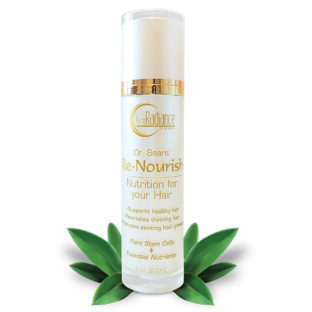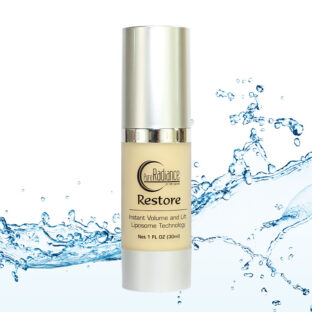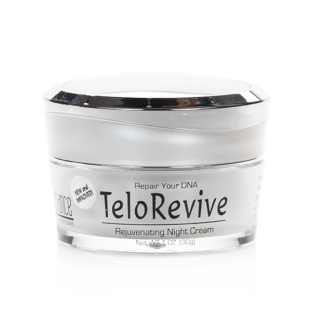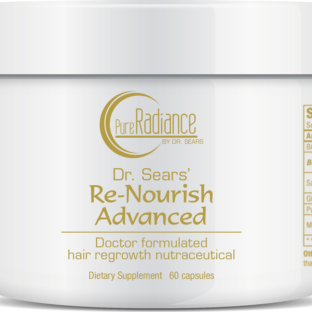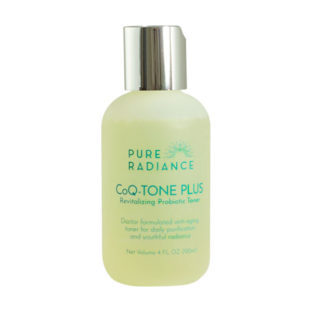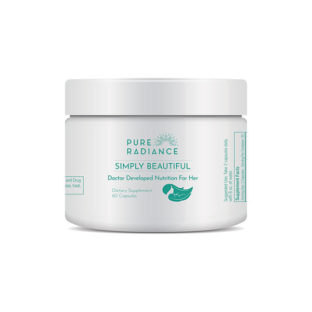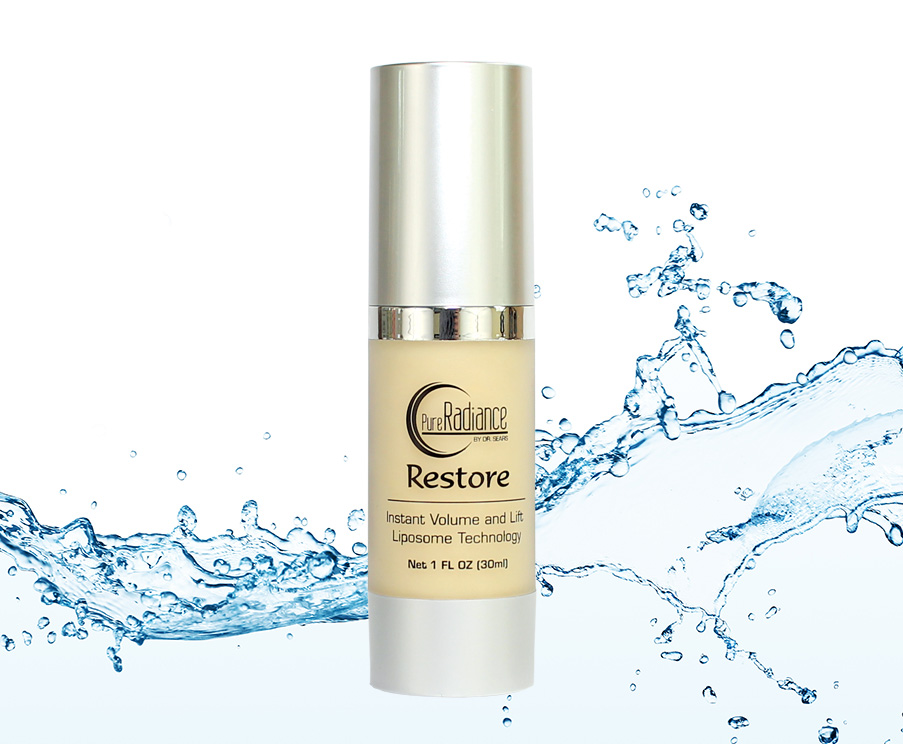You are probably most familiar with Botox as a cosmetic procedure. For years, doctors have been using Botox to diminish their patients’ facial wrinkles. And since the FDA approved Botox as an anti-wrinkle serum in April of 2002, its use has become common.
Botox is a natural toxin. The bacterium Clostridium botulinum produces it. Doctors use a purified form of the toxin. We inject small amounts of this substance into muscle, which temporarily weakens it. Botox blocks a chemical in the muscle that causes it to contract.
Less contraction means less wrinkles. This is why Botox is widely used to eliminate facial wrinkles. But this same mechanism can eliminate pain from some medical conditions.
Today, I’ll show you how this cosmetic tool has the potential to alleviate migraine, prostate, and muscle pain. And I’ll give you some tips for Botox safety.
- Headaches: We have now come to understand that Botox can treat and even prevent some of the most severe headaches. The journal Headache published a brand new study that looked at the effectiveness of Botox in treating headaches.Researchers analyzed several studies performed over 3 years. They evaluated 271 subjects with severe, frequent headaches. Botox treatment reduce the average number of days per month in which subjects experienced headaches by 56%. Headache intensity and frequency dropped by over 85% with Botox injections. 1
- Muscle Spasms: Botox was actually first approved for treating muscle disorders. And I have used this technique in my practice with much success. One of my patients had been suffering from spasms of the neck muscles for years. Botox injections eliminated most of his pain and spasms.
- Prostate: The most recent unique use for Botox has been in the relief of BPH (benign prostatic hyperplasia) symptoms. Researchers have been performing some preliminary tests on the topic for a few years. Now a recent study shows promise.
Researchers at the University Hospital in Rome treated 30 men with swollen prostates with either Botox injections or a placebo solution injection. The men taking Botox had a significant reduction in frequent painful urination after 2 months. These men also experienced a drop in PSA levels. Better yet, their prostates shrunk by almost half! 2
Remember Botox is a nerve toxin, it can be dangerous if used the wrong way. Botox is a prescription. Only let a doctor experienced with Botox treat you. There are very few reported side effects from proper administration.
Botox injections for wrinkles, headaches and muscle spasms can work for up to 3 months. After that, you may need a repeat treatment.
Remember, the study regarding Botox for prostate relief is preliminary. I wouldn’t inject your prostate with Botox just yet. We still need more evidence proving that Botox is safe for the prostate over time. None-the-less, more research could yield more promising results. I’ll give you any updates on the subject in future Health Alerts.
Al Sears, MD
- Blumenfeld, A. Botulinum toxin type A as an effective prophylactic treatment in primary headache disorder. Headache 2003 Sep; 43(8): 853-60
- Maria G. et al., Relief by botulinum toxin of voiding dysfunction due to benign prostatic hyperplasia: results of randomized, placebo-controlled study. Urology 2003 Aug; 62(2): 259-64


